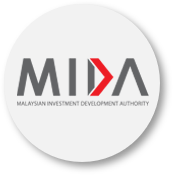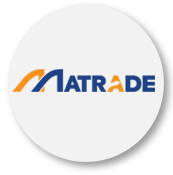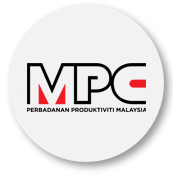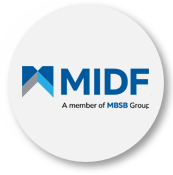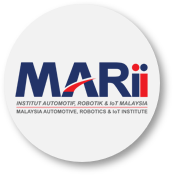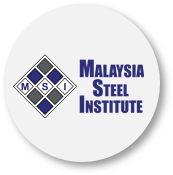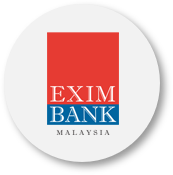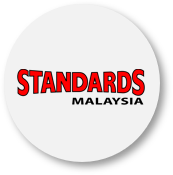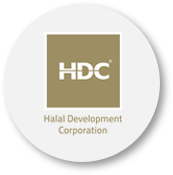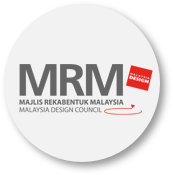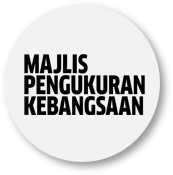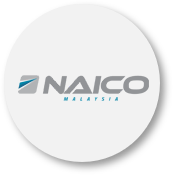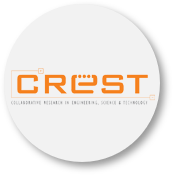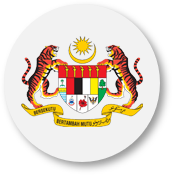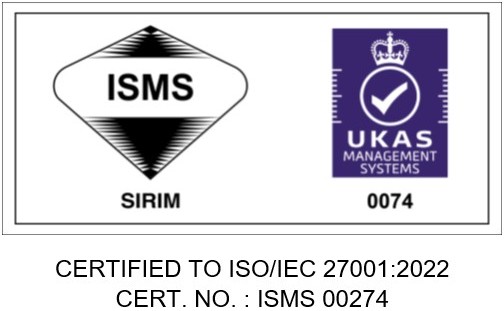Global Economic Outlook : Developing a Resilient Model for Developing Economies
Madam moderator, Excellencies, distinguished panelists.
Assalamualaikum warahmatullahi wabarakatuh,
1. I want to begin by thanking the WIEF for inviting me to address you today. Since its inception in 2005, the WIEF has emerged as the premier forum for Muslim countries to discuss how to empower their economies through increasing trade and business opportunities. It is heartening that this Forum is gaining traction even outside the Muslim world. The theme of this year’s Forum, “Innovative Partnerships for Economic Growth” emphasizes the need for close collaboration among Muslim countries, as we continue to address the changing global economic landscape together so that “ the Muslim world can once again be a global force for peace, progress and prosperity”.
Ladies and gentlemen,
2. The Islamic world today is full of paradoxes and contradictions. Despite being resource rich, we are economically poor and weak. While some of us live amidst plenty, the majority of the ummah live in abject poverty. While there are many breakthroughs in science and technology, for most of the Muslim ummah the condition is one of widespread ignorance and backwardness.
3. This is in stark contrast to the golden age of Islam, which was a period of temporal as well as spiritual achievement, an age of expansion and brilliance.
4. The kind of development espoused by Islam focuses on the realization of socioeconomic justice and falah or well-being of everyone. Within the realm of Islamic economy, the institution of waqf, for instance plays an important role where wealthy Muslims provide essential services to society in ensuring that these development objectives are achieved. A powerful tool indeed, as we wrestle today with rapidly increasing economic inequality where the wealth of the world is literally divided into two – half going to the richest; the other half to the remaining 90 percent.
Ladies and gentlemen,
5. According to an IMF report, the three most striking characteristics of economic growth in the 20th Century are :
- the staggering size of the world population that has expanded from 1.6 billion to 7 billion people;
- Acceleration of wealth generation (19-fold increase in world GDP) ; and
- uneven distribution of wealth among countries and regions of the world.
6. The technological progress that the world has experienced today would not have been possible without the mathematical and scientific knowledge pioneered by Muslim scholars more than 6 centuries ago such as Jabir Ibn Haiyan, generally known as the father of chemistry; Al-Khawarizmi for algebra, Abul Wafa Al-Buzjani for geometry and trigonometry, and Thabit Ibn Qurra, founder of statistics. As a result the Muslims were able to develop and extract wealth from their lands and through trade were able to strengthen their economies, protect their people and enabled them to practice the Islamic way of life, Addin. Today, regretfully, Muslim countries are still grappling with issues of poverty, and social unrest created by political instability.
Ladies and Gentlemen,
7. Let me now offer some thoughts on how we can overcome these challenges. Firstly, cooperation is essential. We have to look beyond arbitrary borders, and instead, consider ourselves as one tangible critical mass united by similarities in goals, values and aspirations.
8. Secondly, we must channel our differences into efforts to rediscover Islamic economic principles based on the Al-Quran and the Sunnah of the Prophet, and developing adaptations to current needs. This is not a new idea. In Malaysia, we have many success stories. Tabung Haji, for example, is an institution set up in 1959 that manages the hajj pilgrimage for the Malaysian ummah. It has grown from strength to strength in terms of depositors and resources. Islamic banking is another area where Malaysia has evolved to be a world leader.
9. Thirdly, we need to promote regional cooperation. We are champions of cooperation through regional economic integration. Malaysia is an active player in ASEAN, a regional grouping of 10 countries. In 2015, ASEAN will become a strong single market through the ASEAN Economic Community. Malaysia is proud to assume the Chairmanship of ASEAN when this happens. ASEAN will be one of the most dynamic and fastest growing regions in the world.
Ladies and gentlemen,
10. Fourth, it is important to stress that political stability is essential to achieve economic progress. Make no mistake, the threat to world peace and security is not Islam, but extremism – intolerance, violence and militancy. There is no way that Muslim countries can ever become prosperous as long as we remain wrecked by conflict, sectarianism and the marginalisation of minorities and women.
11. In light of this, the call of Malaysian Prime Minister Dato’ Sri Najib Tun Razak for the Global Movement of Moderates, to counter extremism and religious intolerance is more relevant than ever before.
12. The best investment we can make in fighting extremism and addressing marginalization as he said this morning is in education. This has been recognized as a great facilitator of social mobility and equality, which in turn leads to more just societies.
Ladies and gentlemen,
13. Malaysia is ready to share the experience we have gained throughout the years in promoting economic growth and social justice. In our 50 year journey, we have transformed from an agricultural to a more diversified and resilient economy.
14. More than 20 years ago, we launched our ambitious Vision 2020 for “a Malaysian society that is infused by strong moral and ethical values, living in a society that is democratic, liberal and tolerant, caring, economically just and equitable, progressive and prosperous, and in full possession of an economy that is competitive, dynamic, robust and resilient”.
15. Achieving Vision 2020 is not possible without economic, social and government transformation, so four years ago, we introduced the New Economic Model (NEM), to be achieved through the Government and Economic Transformation Programmes which will propel Malaysia to being an advanced nation with inclusiveness and sustainability by 2020.
16. Through public and private investments as well as the creation of job opportunities especially for our youth, we have been able to promote a more inclusive growth. We are on track to achieve developed nation status by 2020 and be a high income economy. Higher incomes are important but we are especially mindful of the need to achieve a more equitable society through an inclusive and sustainable growth. Let us dedicate our effort so that more Muslim countries can join the ranks of the developed nation as articulated by Dr. Ahmad Mohamed Ali, President of IDB in his address today.
17. Once again, I wish to thank WIEF for giving me this opportunity to speak to you, and thank all of you for your attention. I hope you will have a productive forum, and a good time in Dubai.
Thank you.
Last Updated 2015-05-14 12:00:03 by admin2







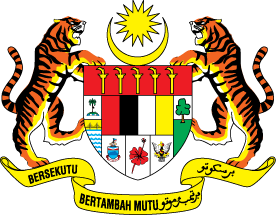





 Home
Home








